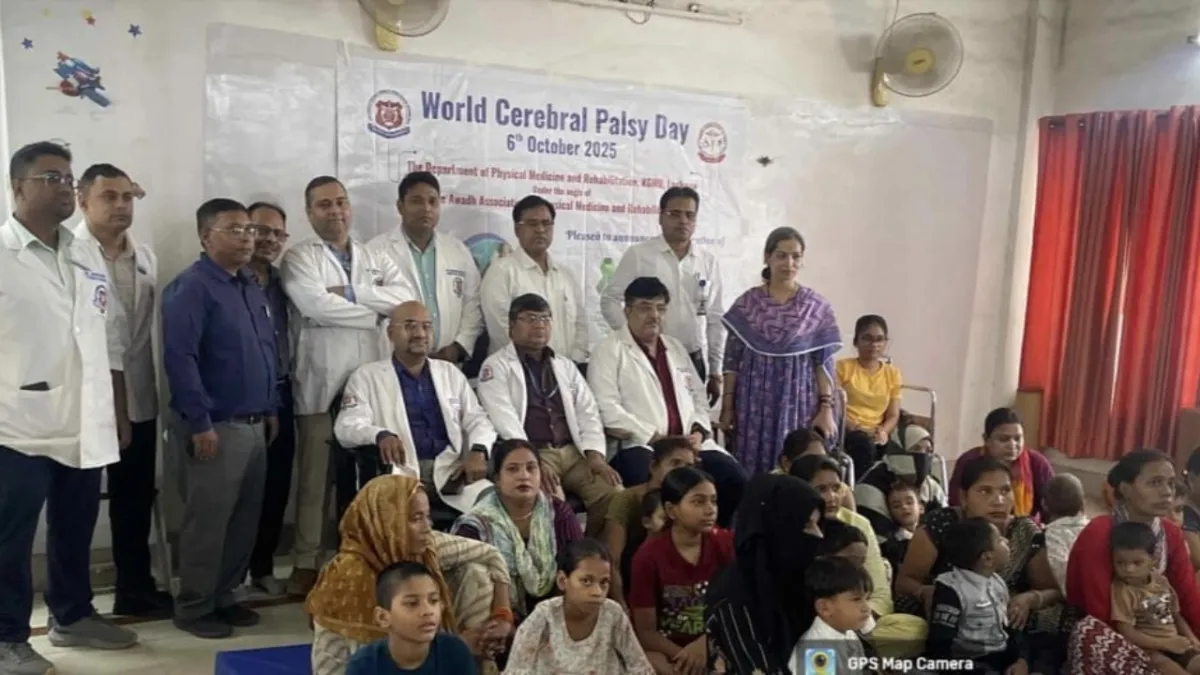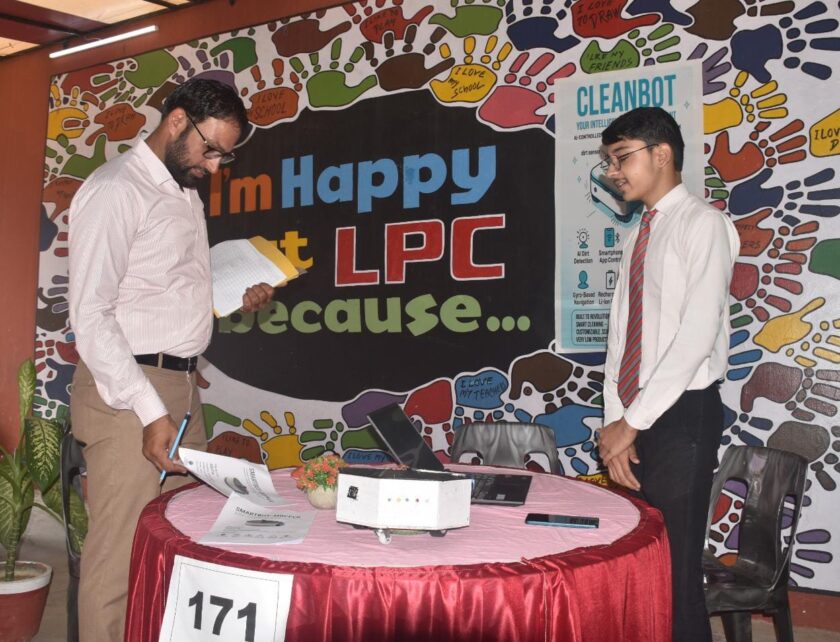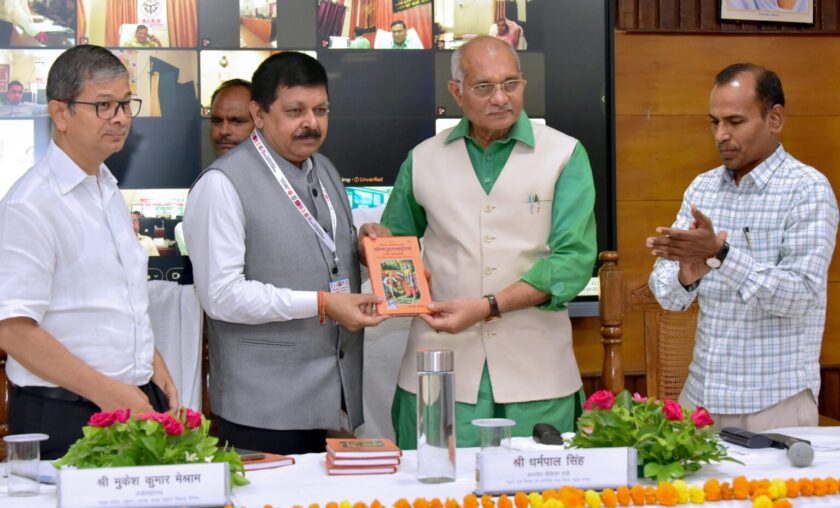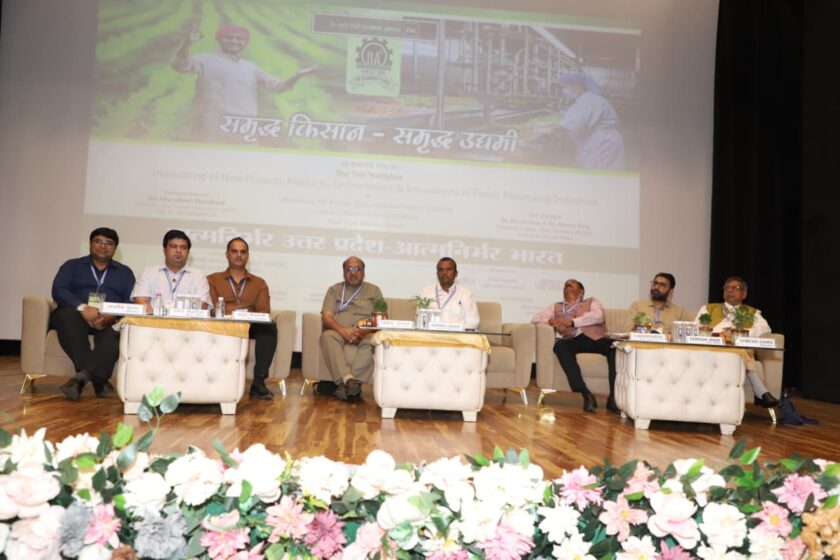Lucknow: For over 15 years, the Department of Physical Medicine and Rehabilitation (PMR) at King George’s Medical University (KGMU) has been playing a transformative role in empowering children affected by Cerebral Palsy (CP) to live with confidence and independence. Every year, nearly 5,000 children with cerebral palsy receive specialized treatment and rehabilitation at the department.
Head of the PMR Department, Dr. Anil Gupta, shared that four out of every thousand children are affected by cerebral palsy. He emphasized that the condition should not be viewed merely as a disease but as a special ability, urging society to treat such children with respect and provide equal opportunities. “Raising awareness is crucial so that these children can find their place with dignity and inclusion,” Dr. Gupta said.
What is Cerebral Palsy?
Dr. Gupta explained that cerebral palsy is a neurological disorder that impacts a child’s mental and physical development. It often affects speech, movement, and balance, making daily activities challenging. However, with proper care, therapy, and encouragement, children can become self-reliant and confident.
At KGMU’s PMR department, a dedicated team including Dr. Dileep Kumar, Dr. Sudhir Mishra, Dr. Ganesh Yadav, Dr. Sandeep Gupta, Dr. Aradhana, Dr. Arvind, and Senior Occupational Therapist Nitesh Srivastava are leading efforts to help these children improve their quality of life. Treatments such as nerve blocks, Botox injections, surgeries, physiotherapy, and speech therapy are being administered to enhance mobility, coordination, and communication skills.

Causes and Symptoms
Cerebral palsy occurs due to damage to the developing brain, which can happen during pregnancy, childbirth, or early childhood. Factors like infections during pregnancy, premature birth, or complications during delivery can increase the risk.
Common symptoms include muscle stiffness, poor balance, difficulty in movement, eating or breathing problems, delayed physical development, learning disabilities, seizures, and visual or hearing impairments.
Through consistent therapy, medical innovation, and compassionate care, KGMU’s PMR Department continues to redefine how society perceives and supports children with cerebral palsy — not as patients, but as individuals with potential and promise.






